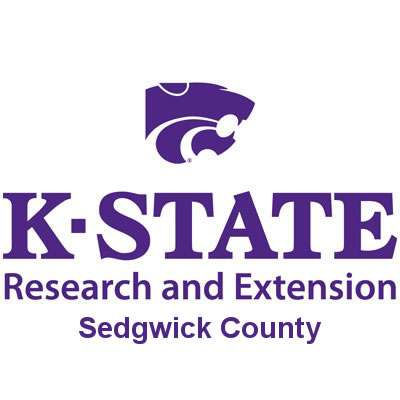Mineral helps maintain pig’s health, but it may not be available in the future
MANHATTAN, Kan. – Kansas State University researchers are exploring alternatives for a mineral that is commonly used to help maintain newborn pig’s health and growth, amid concerns that it may not be available in the future.
Jordan Gebhardt, an assistant professor in K-State’s Department of Diagnostic Medicine and Pathobiology, said zinc plays an important role for a variety of functions in pigs.
“Pigs have a physiological requirement for zinc due to the functions it is involved with, including producing enzymes, immunity and nutrient metabolism,” said Gebhardt, who presented the university’s most recent research on the topic during K-State’s Swine Day on Nov. 18.
“In addition to the physiological requirements, higher levels of zinc in the form of zinc oxide are often fed for the first two to three weeks after the pig is weaned from its mother to reduce the incidence of post-weaning diarrhea, and improve feed intake and growth performance.”
Despite its benefits, zinc oxide is currently under scrutiny in the European Union, where control measures have been implemented due to a concern for its accumulation in the environment and potential effect on antimicrobial resistance.
For producers, Gebhardt said a potential move to ban the use of zinc oxide means the industry should be looking for viable alternatives now to be prepared in case of future actions.
“There will not be a single change or strategy that can be incorporated to fill the void,” Gebhardt said. “We think there should be a combination of strategies, possibly including diet formulation, herd health and such management factors as weaning age, disinfecting facilities and a warm, draft-free environment.”
K-State’s swine nutrition team continues to look at the best alternatives for farmers, he said. The team routinely posts its work online.
Gebhardt noted: “The use of zinc oxide provides significant benefits when used immediately post-weaning, so it is important that swine producers use this technology judiciously and be proactive in educating the public and policy makers about the importance of zinc oxide in swine diets on the health and well-being of swine.”
The research was presented during Swine Day’s Nov. 18 research presentations, which focused on applied swine nutrition. On Nov. 19, research presentations focused on feed safety and feed processing.
Much of the past year’s research by K-State’s swine team and graduate students is available on the Swine Day Research Reports, now available online.
This year’s K-State Swine Day was held entirely online and attracted more than 800 participants from 35 countries.
FOR PRINT PUBLICATIONS: Links used in this story
K-State Swine Day, www.asi.k-state.edu/events/swine-day
K-State swine nutrition, https://www.asi.k-state.edu/research-and-extension/swine
Swine Day research reports, https://newprairiepress.org/kaesrr/vol6/iss10/
The Kansas State University Department of Animal Sciences and Industry serves students, livestock producers and the animal and food industries through teaching, research and education. The K-State ASI department prepares students for careers in the animal and food industries. The curriculum includes the study of nutrition, reproduction, genetics, behavior, meat science and food science with production, management, and agribusiness skills. For more about the K-State’s ASI department visit asi.ksu.edu.
K‑State Research and Extension is a short name for the Kansas State University Agricultural Experiment Station and Cooperative Extension Service, a program designed to generate and distribute useful knowledge for the well‑being of Kansans. Supported by county, state, federal and private funds, the program has county extension offices, experiment fields, area extension offices and regional research centers statewide. Its headquarters is on the K‑State campus in Manhattan. For more information, visit www.ksre.ksu.edu. K-State Research and Extension is an equal opportunity provider and employer.
Story by: Pat Melgares, 785-532-1160, melgares@ksu.edu
For more information:
Jordan Gebhardt, 785-532-4254, jgebhardt@vet.ksu.edu





